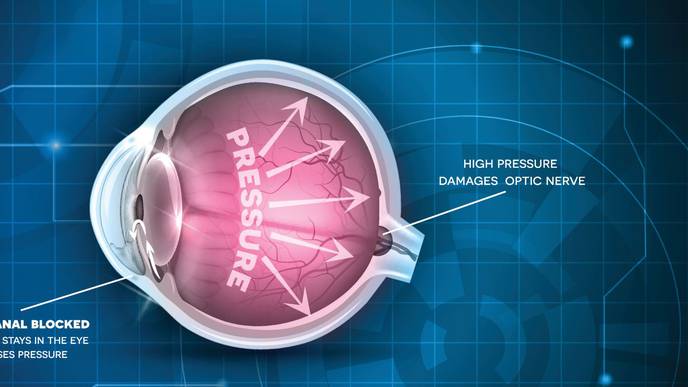ReachMD
Be part of the knowledge.™Higher Levels of Diglycerides & Triglycerides Adversely Associated with Glaucoma

Health -
Higher levels of diglycerides and triglycerides adversely associated with glaucoma
Higher levels of diglycerides and triglycerides adversely associated with glaucoma
Glaucoma is a serious eye condition that can lead to blindness if left untreated. It is caused by damage to the optic nerve, which is responsible for transmitting visual information from the eye to the brain. While the exact cause of glaucoma is not known, there are several risk factors that have been identified, including high levels of diglycerides and triglycerides in the blood.
Diglycerides and triglycerides are types of fats that are found in the blood. They are produced by the liver and are used by the body for energy. However, when levels of these fats become too high, they can have adverse effects on the body, including an increased risk of developing glaucoma.
A study published in the Journal of Glaucoma found that patients with higher levels of diglycerides and triglycerides were more likely to develop glaucoma than those with lower levels. The study also found that patients with glaucoma had higher levels of these fats than those without the condition.
While the exact mechanism by which diglycerides and triglycerides contribute to the development of glaucoma is not fully understood, it is believed that these fats may damage the optic nerve by causing inflammation and oxidative stress. This can lead to the death of nerve cells and the development of glaucoma.
It is important for individuals with high levels of diglycerides and triglycerides to take steps to lower their levels in order to reduce their risk of developing glaucoma. This can be done through lifestyle changes such as eating a healthy diet, exercising regularly, and quitting smoking. In some cases, medication may also be necessary to lower these fats to a safe level.
In conclusion, higher levels of diglycerides and triglycerides in the blood are adversely associated with glaucoma. Individuals with high levels of these fats should take steps to lower them in order to reduce their risk of developing this serious eye condition.
Facebook Comments